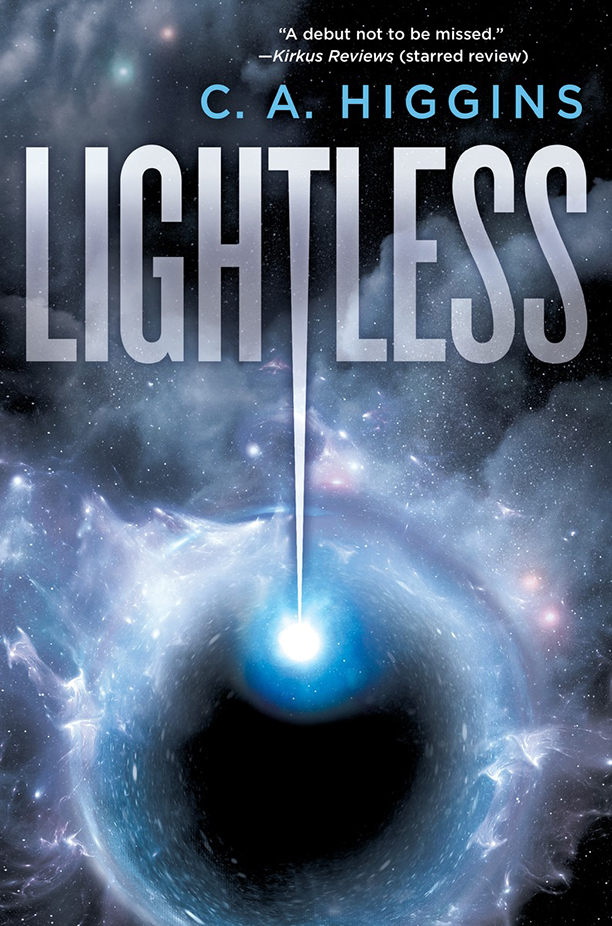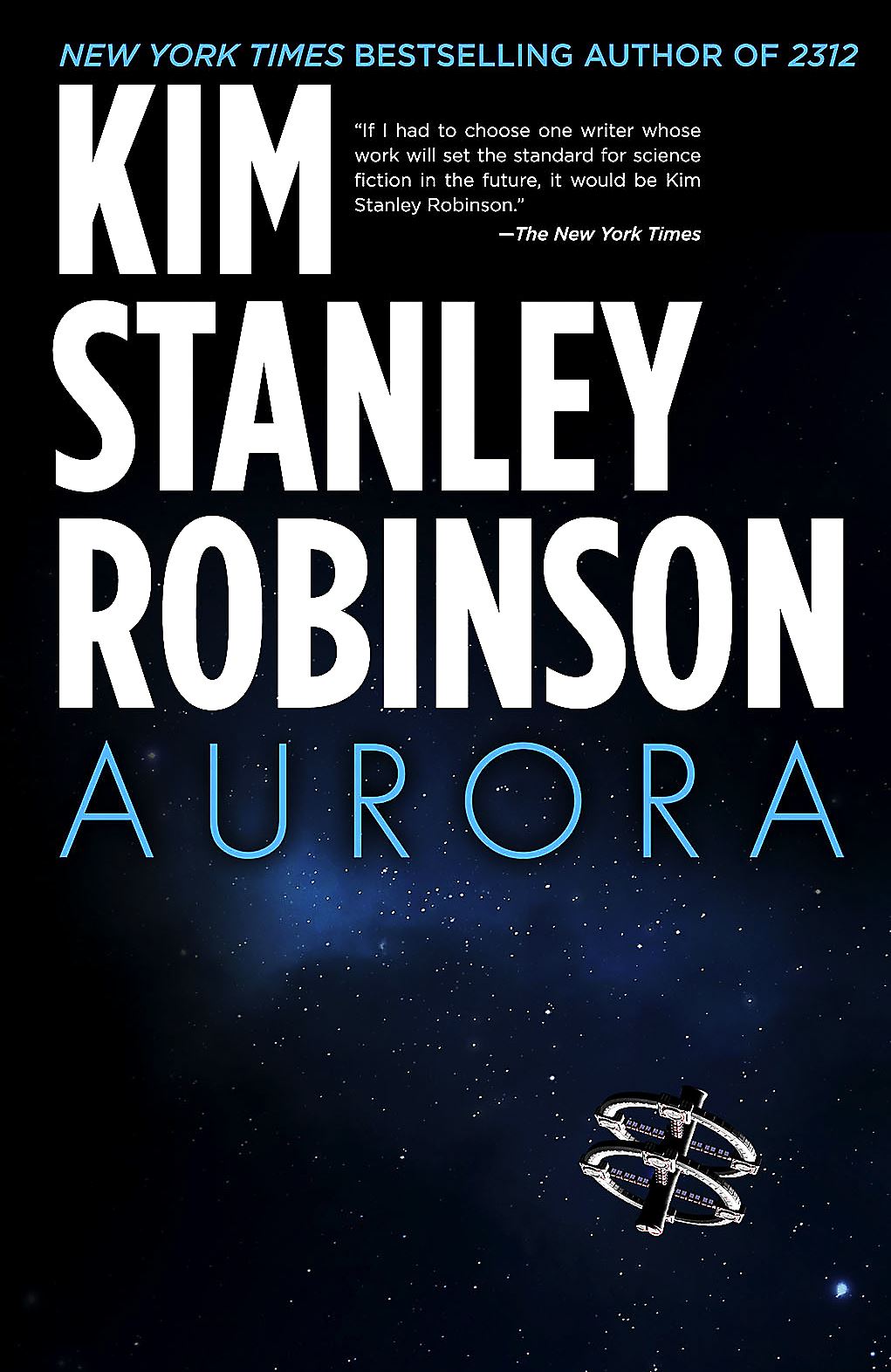 Recent discoveries have made me a little more adventurous with my audiobooks: Rather than shelling out for an audible subscription and trying to find the longest books I can to get the bang for my buck, it turns out there’s a nifty library app called “Overdrive” that allows access to your local library’s audiobook collection. Score! Now that I’ve figured out how to filter for what’s available and skip books like I Fell in love with a Teenage Highlander Wereraptor, it’s been pretty useful. I’ve more or less grabbed any book that looks remotely interesting, like I did when I was a teenager and had all the time in the world. Sometimes it’s wonderful, like when I discovered Tim Powers. Other times…. not so much. Complete spoilers ahead, folks.
Recent discoveries have made me a little more adventurous with my audiobooks: Rather than shelling out for an audible subscription and trying to find the longest books I can to get the bang for my buck, it turns out there’s a nifty library app called “Overdrive” that allows access to your local library’s audiobook collection. Score! Now that I’ve figured out how to filter for what’s available and skip books like I Fell in love with a Teenage Highlander Wereraptor, it’s been pretty useful. I’ve more or less grabbed any book that looks remotely interesting, like I did when I was a teenager and had all the time in the world. Sometimes it’s wonderful, like when I discovered Tim Powers. Other times…. not so much. Complete spoilers ahead, folks.
Although they aren’t remotely related, Lightless by CA Higgins and Aurora by Kim Stanley Robinson, there’s a lot they have in common: Isolated spacecraft, for one, both of which accidentally become self-aware. It’s not something I haven’t seen before, but it was kind of uncanny in such rapid succession, given that it wasn’t a selling point of either novel. Both books came out in 2015; maybe there was some sort of psychohistorical force at work conspiring to make novels about self-aware spaceships that year, the way 2016 is killing celebrities left and right.
Lightless is a tale about an experimental starship manufactured by the military in an ill-defined system-wide dystopia, crewed by three people who are (maybe) in the outer solar system, but definitely heading for trans-neptunian space to run their experiments. When the book starts, a pair of notorious, wanted thieves manage to board this super-secret military spacecraft and proceed to get caught. An evil interrogator (interrogatrix?) shows up and we then spend the next several hundred pages (or ten hours) watching this woman interrogate the thief that didn’t manage to escape while the crew fails to fix the damage that their breaking and entering caused.
The blurbs for Lightless tell us that it contains “bold speculation informed by a degree in physics.” (Because no one has ever written hard scifi before! How novel!) CA Higgins, apparently, has a BA in physics, but you couldn’t tell that from reading this novel. The blurb leads one to assume we’re going to have at least a scientific question to address; instead, the science-y nature of the ship exists solely so that it can be isolated for the point of the story. It has next to nothing to do with anything else in the novel. At best, this is a novel that “colors inside the lines,” which is how I like to describe my approach to science– but I’m a theologian, and my education in science (which I do love) has been autodidactic beyond college gen ed credits.
Aurora, by contrast, does center around some hard scifi concepts, which is in keeping with what I know of Kim Stanley Robinson’s work. Aurora‘s “Ship” is a starship bound for Tau Ceti with about twenty years left to arrival at the start of the novel. The novel follows the exploits of Freya, daughter of two major figures aboard the ship, as she works to keep the population together long enough for them to settle on their destination planet– while her mother works to keep their biospheres going long enough to survive the remaining years of the voyage. Unfortunately, that planet, Aurora, while apparently devoid of life, is actually host to a virulent, fast acting prion-like organism. Half the colonists decide that it’s better to pack it up and go home rather than try to overcome the issue, and the novel follows them and their eventual return to Earth, even as their shipboard biosphere begins to crumble.
 Aurora promised to be about colonizing an exoplanet; instead, it’s about giving up in the face of adversity. Freya’s ultimate conclusion is that there is no way to transplant a biosphere from Earth to another world successfully and actively lobbies against it– and meanwhile, the Ship, whose voice was a promising beacon of hope in the face of all this, dies offscreen after getting her charges home from Tau Ceti (via some convenient hibernation tech received from earth’s broadcasts on the way back). It’s ultimately a cowardly sort of story, more in keeping with the terrible sub-genre of mundane SF than it is hard SF.
Aurora promised to be about colonizing an exoplanet; instead, it’s about giving up in the face of adversity. Freya’s ultimate conclusion is that there is no way to transplant a biosphere from Earth to another world successfully and actively lobbies against it– and meanwhile, the Ship, whose voice was a promising beacon of hope in the face of all this, dies offscreen after getting her charges home from Tau Ceti (via some convenient hibernation tech received from earth’s broadcasts on the way back). It’s ultimately a cowardly sort of story, more in keeping with the terrible sub-genre of mundane SF than it is hard SF.
If Andy Weir’s The Martian is competence porn, these two books are examples of what the exact opposite of that looks like. In Lightless, the science is ignored altogether while gross incompetence on almost absolutely everyone’s part plays out; it’s incompetence porn. The interrogator can’t break her captive; the ship’s captain can’t keep her safe; the mechanic can’t fix the ship, and they spend what portions of the book are not devoted to interrogation yelling about this stuff. Aurora takes it in another direction, into the pornography of meaninglessness. Ship gets the colonists back to earth, who then get to live happy lives full of casual sex on the beach with the tacit understanding that humanity will never leave the solar system, and then Ship dies trying to decelerate enough to not shoot off into space.
If these novels are what big publishing thinks people want to–or need to– read, it’s no wonder that their sales have been slipping. And it’s no wonder that the Dragon Awards saw two self-published works and a small press take home awards. Not all scifi needs to be superversive in the end, but come on, guys. Isn’t the “gosh wow” of science and the universe why this stuff took off in the first place?
Josh Young is a seminary student, Castalia House author (featured in God, Robot and author of the forthcoming Do Buddhas Dream of Enlightened Sheep) and blogger at Superversivesf.com. He can be reached on Gab.ai @BadgerSensei. If you enjoyed this, we’d love to have you visit our main site!
I’ve never felt more disgusted with a science fiction novel than when I read a review of Aurora. I guess that’s KSR’s position, too, that we aren’t going to be able to leave Earth.
While I never could get into the Red Mars trilogy, KSR’s The Years Of Rice And Salt is one of my favorite novels. It’s about a group of souls reincarnating around each other in an alternate history where the Black Death killed off 99% of Europeans and the Chinese and Muslims inherited the Earth, with the same kinds of mistakes and triumphs the Europeans had in our timeline.
I would even say Years of Rice and Salt is superversive. The main storyline isn’t the history, it’s the growth of the characters throughout their lives, with one character yearning to be good but always giving in to wrath and another character always sacrificing themselves for the first. It’s a poignant story about redemption.
I will have to give that a shot. I’ve never read KSR before because, frankly, nothing of his caught my eye. I tend to prefer space fleets and explosions.